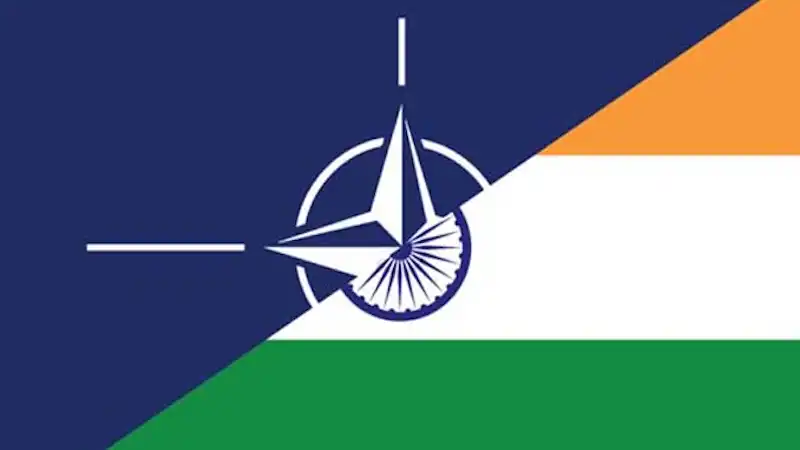NATO India Partnership: Advancing Peace, Freedom, and Democracy - Analysis
NATO Secretary General emphasizes the importance of strengthening global partnerships, especially in the Indo-Pacific region, amid a more complex world.
During the Raisina Dialogue 2021, Jens Stoltenberg emphasized the increasing importance of strengthening NATO's global partnerships, particularly in the Indo-Pacific region, as the world becomes more complex and interconnected. The security environment has become more competitive, dangerous, and unpredictable since then.
The resurgence of full-scale conflict in Europe and escalating tensions in the Indo-Pacific region demonstrate that security is not confined to one region, but rather a global concern. Russia's illegal war of aggression against Ukraine and China's increasingly oppressive actions at home and coercive behavior abroad threaten security, values, and interests worldwide.
India, as the world's largest democracy and a growing economy, holds significant global influence. The NATO Secretary General's call to elevate dialogue with India reflects the need to defend shared values and the rules-based international order.
NATO, an alliance that has evolved over almost 75 years, has expanded to include 31, soon 32 nations, representing one billion people. The current security environment is the most dangerous since the end of the Second World War, with Russia's aggression in Ukraine causing global consequences, including a food and energy crisis, environmental and economic damage, and global instability.
NATO's response to Russia's aggression involves enhancing deterrence and defense measures, as well as providing unprecedented military, financial, and humanitarian assistance to Ukraine. Allies have also agreed to support other partners facing hostile interference and coercion from Russia, such as Bosnia and Herzegovina, Georgia, and Moldova.
The growing strategic competition and persistent fragility in the broader strategic environment, including terrorism, instability, and crises, require a global response. NATO's commitment to working closely with partners near and far, including in the Indo-Pacific region, is essential in addressing these challenges.
The adoption of a new "Strategic Concept" in 2022 reaffirms NATO's core purpose of ensuring collective defense and outlines its three core tasks: deterring and defending against all threats, managing and preventing crises, and investing in cooperative security with partners, including in the Indo-Pacific.
The Indo-Pacific region is home to a significant portion of the global population and economy, making it essential to global prosperity and stability. NATO's concerns in the region include the South China Sea's transit route for global trade and North Korea's provocative behavior.
Despite being oceans apart, NATO and its Indo-Pacific partners share the same challenges and values, making cooperation crucial in maintaining a free and open rules-based international order. Strengthening dialogue with India, a country that shares NATO's values and vision for the Indo-Pacific, can enrich partnerships and contribute to a peaceful, free, and democratic world.












Comments on NATO India Partnership: Advancing Peace, Freedom, and Democracy - Analysis